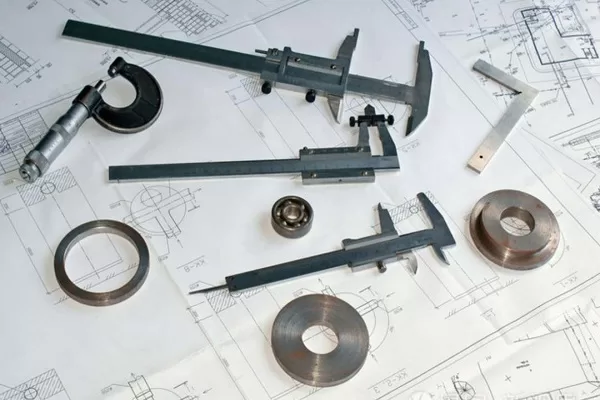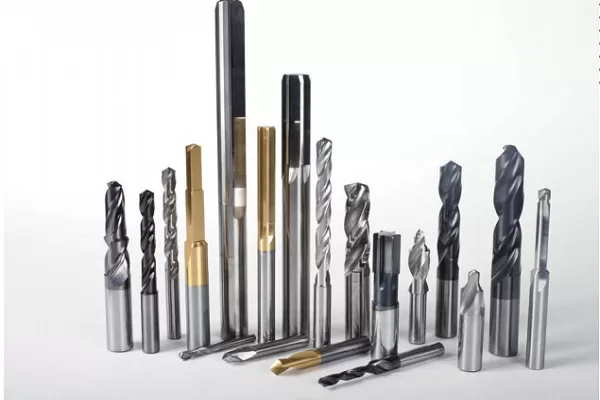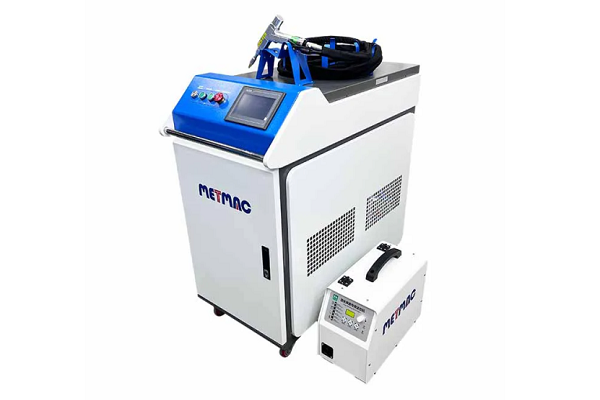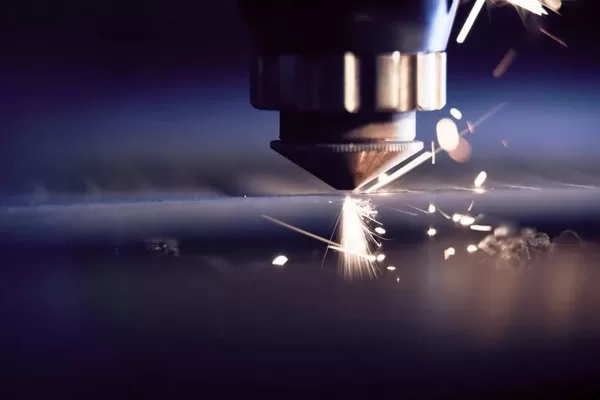
The Role of Automation in Metal Sheet Forming Machines
- By:Metmac
- 2024-08-29
- 9
In the realm of metalworking, automation has revolutionized metal sheet forming machines, leading to enhanced efficiency, accuracy, and productivity. This article delves into the multifaceted role of automation in these machines, exploring its impact on various aspects of the sheet forming process.
Enhanced Efficiency and Productivity
Automation has significantly improved the efficiency of metal sheet forming machines. By automating repetitive tasks, such as feeding material, positioning tools, and unloading finished parts, machines can operate continuously with minimal downtime. This eliminates human errors and reduces cycle times, leading to increased throughput and production capacity. Furthermore, automated machines can operate 24/7, maximizing machine utilization and reducing labor costs.
Improved Accuracy and Precision
Automation ensures greater accuracy and precision in metal sheet forming operations. CNC (Computer Numerical Control) systems control the movement of forming tools with high precision, reducing variations and ensuring consistent product quality. Automated machines eliminate human error and manual adjustments, leading to parts that meet tight tolerances and specifications. This enhanced accuracy is crucial for industries such as aerospace and automotive, where precision is paramount.
Enhanced Safety and Ergonomics
Automation improves safety in metal sheet forming workplaces. Automated machines eliminate the need for manual handling of heavy materials and repetitive movements, reducing the risk of injuries and strains. Ergonomically designed workstations and automated material handling systems further enhance operator comfort and productivity. By reducing the physical demands of the job, automation promotes a healthier and safer work environment.
Data Collection and Process Optimization
Automated metal sheet forming machines generate valuable data about machine performance, material properties, and product quality. This data can be analyzed to optimize processes, identify areas for improvement, and make informed decisions. By monitoring machine parameters, manufacturers can proactively schedule maintenance and minimize downtime. Additionally, data analysis helps in developing tailored forming strategies for specific materials and applications.
Increased Flexibility and Customization
Automation enables metal sheet forming machines to adapt to changing production requirements. CNC systems allow for easy reprogramming, making it quick and efficient to switch between different product designs or materials. Automated machines can handle a wide range of sheet thicknesses and complexities, providing manufacturers with greater flexibility to accommodate customer needs and market demands. This flexibility is particularly beneficial for companies that produce small batches or specialized products.
Conclusion
Automation has played a transformative role in metal sheet forming machines, revolutionizing the industry. From enhanced efficiency and accuracy to improved safety and data-driven optimization, automation has significantly improved the performance and competitiveness of metalworking operations. As automation technology continues to evolve, we can expect even greater advancements in sheet forming capabilities, driving innovation and productivity in the future.
-
The Advantages of Using a Sheet Roll Forming Machine in Manufacturing
2024/09/14 -
How to Optimize Your Laser Sheet Cutting Machine for Maximum Performance
2024/09/12 -
How to Maximize Efficiency with Modern Sheet Metal Working Machines
2024/09/04 -
The Environmental Benefits of Using Duct Board Grooving Machines
2024/09/03
-
The Role of Sheet Roll Forming Machines in Reducing Waste and Improving Efficiency
2024/09/14 -
Troubleshooting Common Issues with Roof Sheet Bending Machines
2024/09/14 -
Understanding the Technology Behind Roof Sheet Bending Machines
2024/09/14 -
Troubleshooting Common Issues with Sheet Roll Forming Machines
2024/09/14



